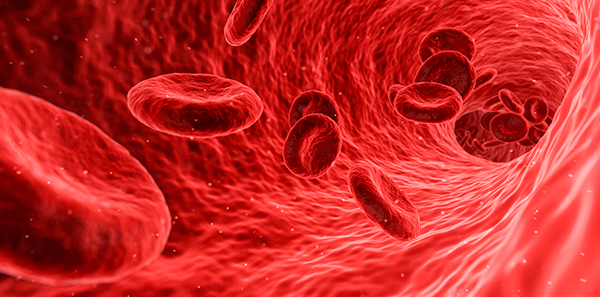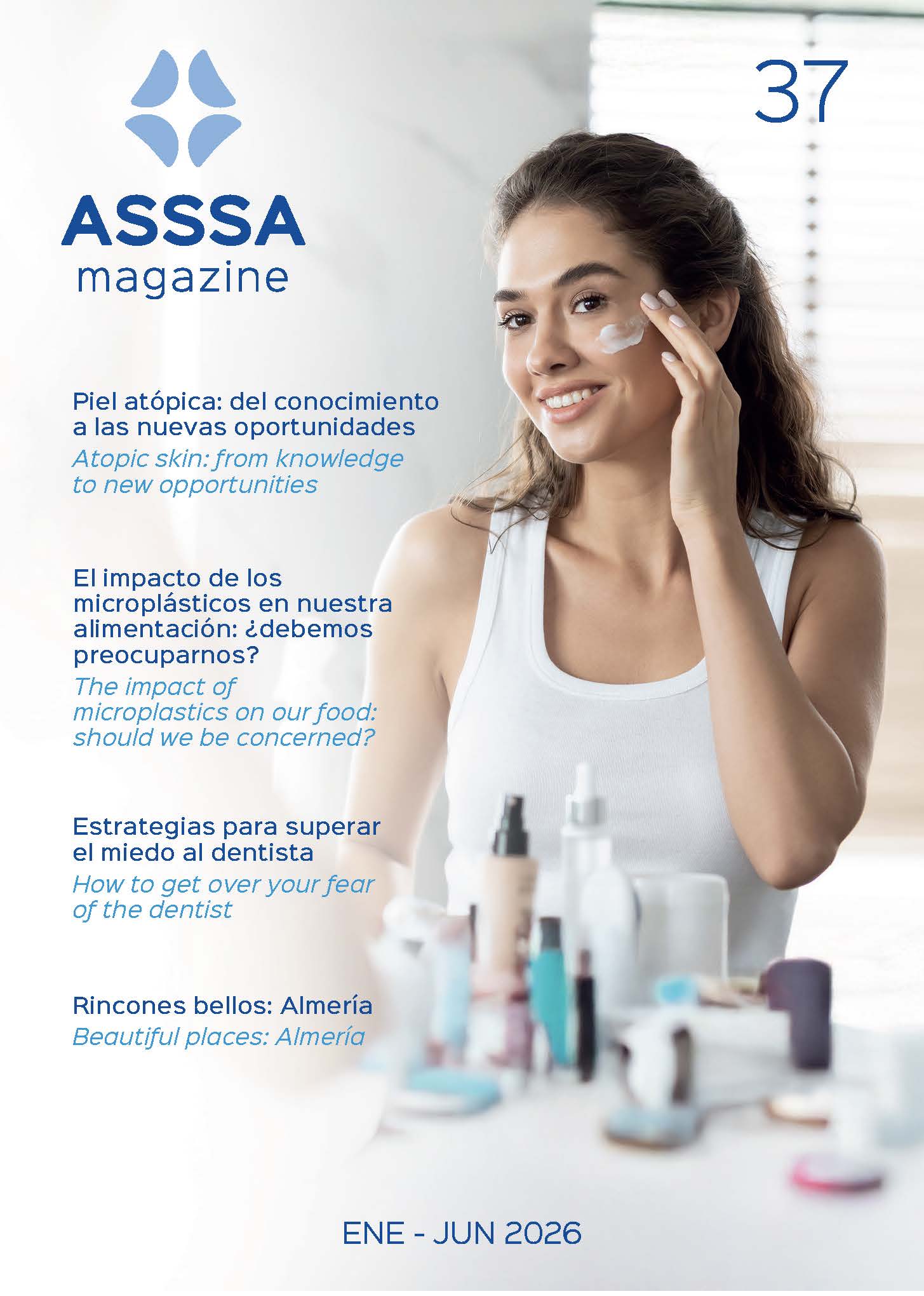
The foundation of biomedicine and regenerative medicine
Nowadays, and given the evolution of medical treatments, research is being conducted not into ways to relieve symptoms caused by injuries (trauma, sport, degenerative disease) but also into methods of regenerating and recovering these tissues.
The development of plasma rich in growth factors (PRGF) is part of this field and consists of preparing autologous plasma from the patient’s own body, applying this to lesions to encourage tissue regeneration because it contains substances responsible for a set of basic body functions related to tissue recovery.
When the body is injured, at a biological level, a large number of cellular and intracellular mechanisms are activated to restore the damaged tissue. Growth factors are used to increase the amount of the factors involved in this process to speed up and stabilise recovery.
The mechanism of action of these factors act in different ways to aid tissue recovery in lesions:
• They stimulate cell proliferation and regeneration.
• They have an angiogenic effect, in other words they encourage creation and recovery of blood vessels.
• They have powerful anti-inflammatory properties that are essential to recovery.
PRGF are used in more areas of medicine every day, including maxillofacial surgery, ophthalmology, sports medicine, dermatology and generally in all specialist areas requiring rapid, stable formation of autologous tissue, with no risk of rejection because it originates in the patient’s own body.
The main advantage of using plasma growth factors is that they speed up the tissue recovery process, they and are a good complement to treatments of complex lesions and the fact that it is an autologous procedure.
Because of all this, it is true to say that the basis of regenerative biomedicine is beginning to be able to achieve the repair. In the future it may be possible to replace tissues with others obtained from the body’s own cells.
Dr. Fernando Ruiz Valiente – Traumatology and Orthopaedic Surgery
The information published in this media neither substitutes nor complements in any way the direct supervision of a doctor, his diagnosis or the treatment that he may prescribe. It should also not be used for self-diagnosis.
The exclusive responsibility for the use of this service lies with the reader.
ASSSA advises you to always consult your doctor about any issue concerning your health.












